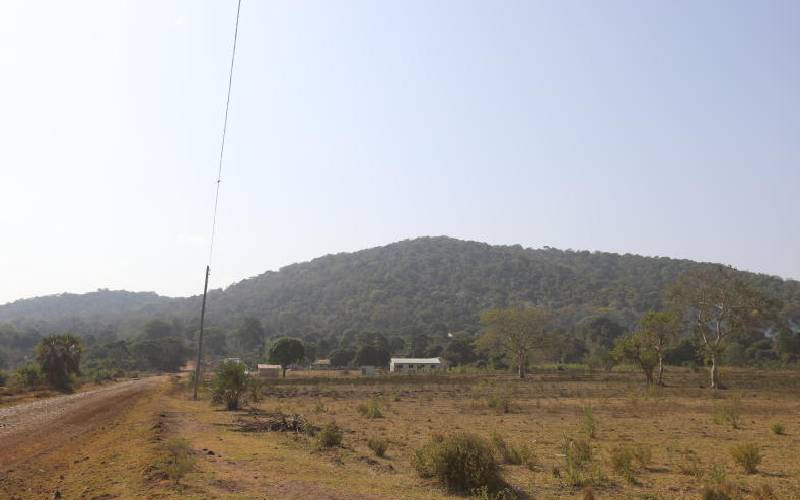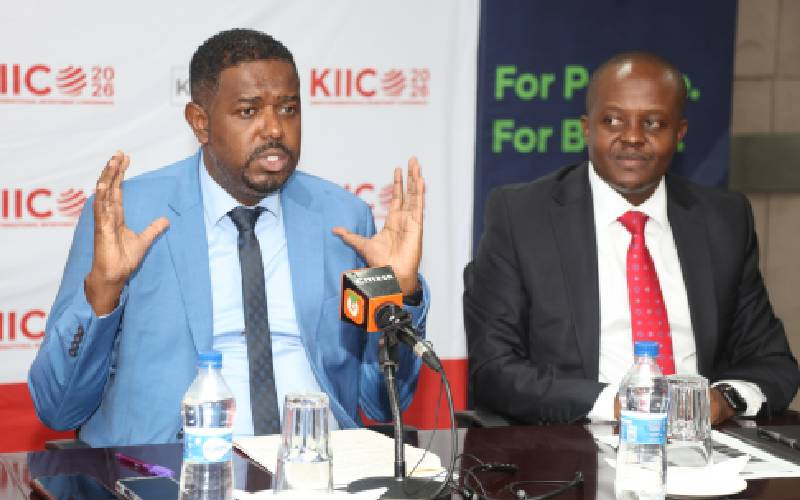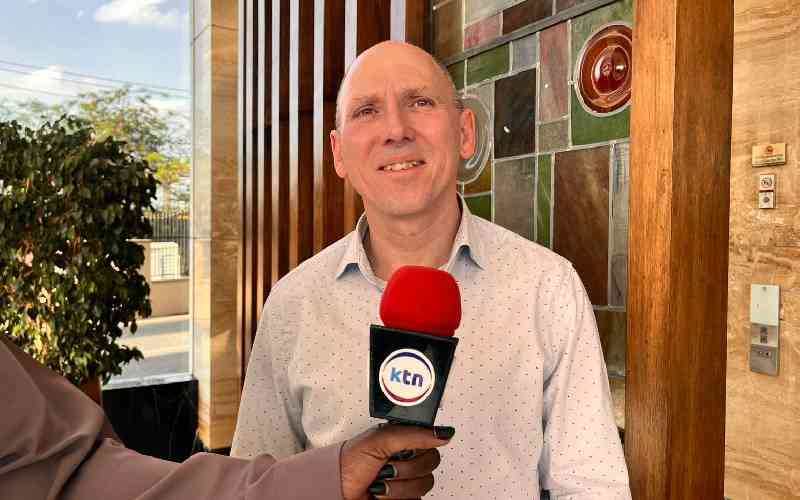Kenyan businesses urged to tap universities for research-driven growth
While the country is brimming with entrepreneurial energy, many companies struggle to survive beyond their first two years, often hindered by a lack of finance, market access, and research capacity.
Business








